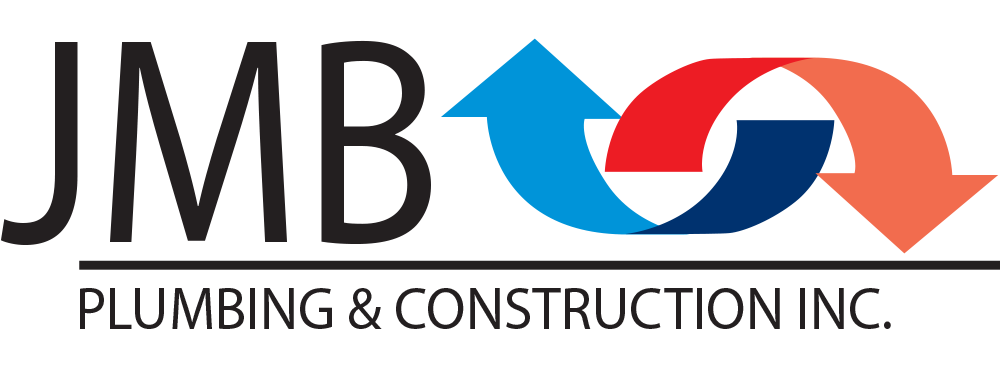Rain-Ready Homes
California has gotten a lot of rain in the past 2 years.
San Francisco got 34 inches of rain this past season - 11 inches higher than its 23 inch average. May people in the bay area were not prepared for longer periods of rain and shorter intervals of dry weather, resulting in thousands of dollars of costs for the average homeowner that saw damages. Most homes in silicon valley are not designed or equipped for extreme water buildup on the property.
With the impending arrival of the rainy season, it's time to turn our attention to fortifying our homes against potential flooding. Having a rain-ready home is paramount. Proactive measures can mean the difference between a dry sanctuary and a waterlogged nightmare, saving us from the headaches and financial burdens associated with water damage. Let's delve into some essential steps to prepare your home's plumbing for the deluge ahead.
Kick off your preparations by giving your gutters and downspouts a thorough once-over. Over time, debris like leaves, twigs, and dirt can accumulate, clogging these vital channels and impeding the flow of rainwater. Clear out any obstructions to ensure that water can flow freely away from your roof and foundation. Clogged gutters not only compromise drainage but also exert undue pressure on your plumbing system, increasing the risk of leaks and water seepage into your home's foundation.
Next up, it's time to show your sump pump some love. This unsung hero of basement flooding prevention deserves a spot on your maintenance checklist. Conduct a test run to ensure that it's in optimal working condition. Sump pumps are your first line of defense against groundwater infiltration, so regular maintenance and testing are non-negotiables.
Take a stroll around your yard and inspect your drainage system. Ensure that rainwater is directed away from your home's foundation to prevent pooling and potential water intrusion. Proper grading, coupled with the strategic installation of French drains, can help channel excess water away from vulnerable areas, safeguarding your home against the perils of flooding.
Consider bolstering your plumbing defenses with the installation of backflow preventers. These nifty devices act as barriers against sewage backup during heavy rains, protecting your home from potentially hazardous contaminants. Check valves in your sewer line serve a similar purpose, preventing water from flowing back into your home and wreaking havoc on your property.
Last but certainly not least, conduct a thorough inspection of your home's plumbing infrastructure. Look for signs of leaks, corrosion, or weak points that could spell trouble when the rains come pouring down. Address any issues promptly to nip potential problems in the bud. For added peace of mind, consider investing in water leak detection devices to receive early warnings of impending plumbing disasters.
By taking these proactive measures, you can fortify your plumbing against the challenges posed by heavy rainfall, ensuring a dry and flood-free home when the clouds unleash their fury. Don't wait until it's too late—start preparing your home's plumbing today to get a rain-ready home, and for a worry-free rainy season tomorrow.

